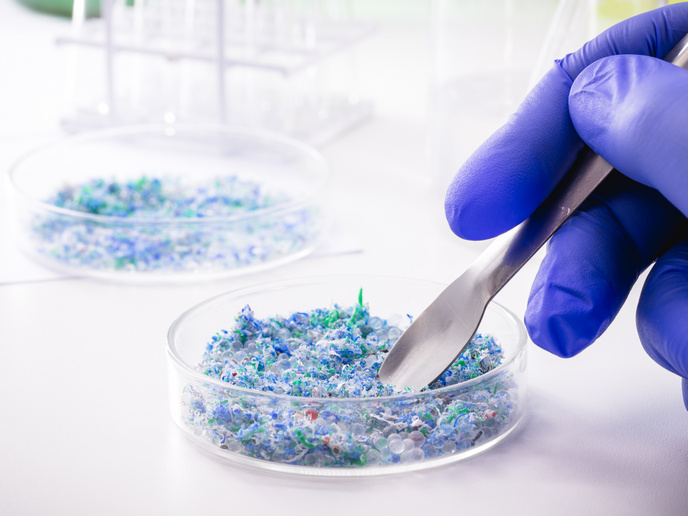How stressed are farmed fish?
The 'Welfare and health in sustainable aquaculture' (Wealth) project was designed in such a way as to generate knowledge for formulating recommendations and new husbandry protocols that improve conditions for species of farmed fish. To this end, project partners focused on Atlantic salmon and sea bass with the goal of transferring the knowledge obtained to other species. Wealth conducted a series of experiments to represent various farming conditions and oxygen availability, and investigated the response of sea bass to anaesthesia and dissolved carbon dioxide (CO2) concentrations. The team developed new labelling techniques for pathogenic bacteria and transferred existing non-invasive stress assay methodology to studies of the targeted species. In addition, behavioural stress responses of sea bass were thoroughly examined and the physiological stress responses monitored. Other project activities included generating endocrine profiles and analysing intestinal barrier functions. Innovative experiments were also used to investigate the potential translocation of enteric pathogens. Efforts were also made to investigate the effects of husbandry conditions on the immune competence of sea bass, followed by elaboration of a genomic analysis to identify new stress tools and markers. Project assumptions and results were evaluated under actual operating conditions on the basis of monitoring and sampling from commercial facilities. The EU-funded project identified gaps in knowledge gaps and highlighted issues that called for further research efforts. Wealth outcomes were important for validation of welfare indicators and for measuring the costs of coping in the event of fish trying to maintain normal physiological and behavioural functions.







